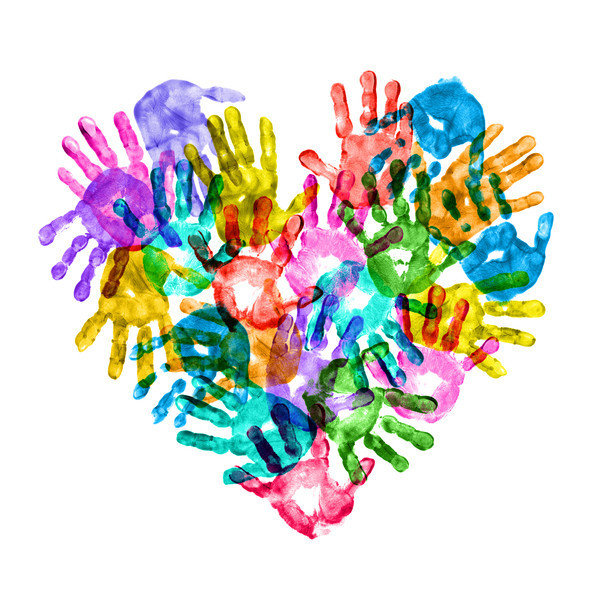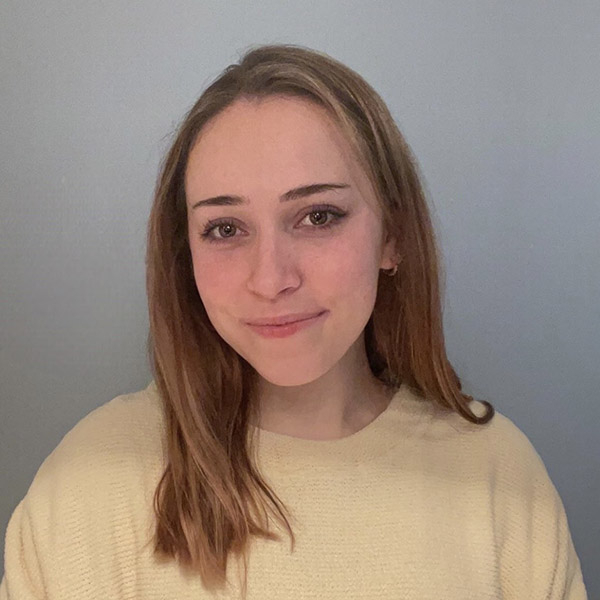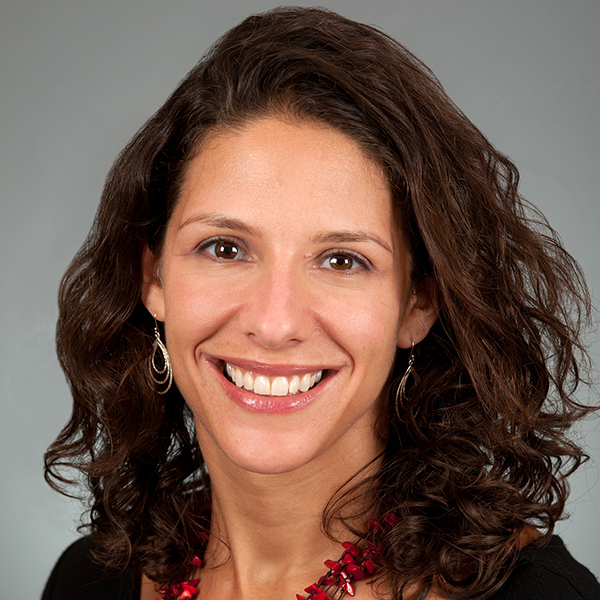
Editor’s note: Second in a two-part series on friendship and neurodiversity. Click here for part 1 .
We all are different. We all are unique. This is cause to celebrate.
Yet for many children and families, the current landscape of friendships and social spaces can feel unwelcoming. Flexibility and inclusivity are often lacking, leaving little room for children who are neurodiverse, such as those who are on the autism spectrum or who have attention deficit hyperactivity disorder or intellectual disability.
There are many tools and organizations to help children with neurodevelopmental differences practice friendship-building skills and connect through social opportunities. But a larger community effort is needed, as well.
Below are some ways to welcome those who are neurodiverse into your social circle and activities. Friendship is a two-way street, of course, and all of us stand to gain in creating wider, more inclusive circles of friends. Everyone can be a friend; everyone deserves to have friends.
Start here: Understanding neurodiversity
Understanding neurodiversity — the different ways that people think, communicate, learn, and interact with their environment — is a crucial first step.
Becoming aware and accepting of these differences creates room for people who are neurodiverse to participate in social spaces just as they are. By making room for differing abilities, we demonstrate that we value authenticity and diversity.
It may help to know that:
- Many children who are neurodiverse engage in self-stimulatory behaviors like rocking back and forth, hand movements, or pacing. This may be a helpful way for them to self-soothe, or might satisfy sensory needs such as feeling too much stimulation or not enough stimulation.
- As with all children, behavior is communication and expresses desires, wants, needs, and dislikes.
- And as is true with many children, some behaviors, like silly noises or loud remarks, can also be ways of obtaining attention or communicating what is wanted, or not wanted, in a given situation.
What does it mean to be inclusive?
There is more to inclusion than being together.
Inclusion is the practice of making someone part of a group. It ensures that those who might otherwise be excluded, such as people with disabilities or members of marginalized groups, have the same rights, choices, and access to opportunities as others in the community.
Being in the presence of others opens the door to new friendships and social opportunities. But this alone is not true inclusion and does not promote belonging. Children with diverse abilities are often still stuck on the sidelines.
Sitting next to someone new at lunch or inviting someone to join a game or activity on the playground helps others feel invited and included. Parents, teachers, and other adults can help by modeling or encouraging warm, inclusive actions like these — and not just on the playground or at school.
Expanding from inclusion to belonging
Belonging goes one step further by ensuring that people feel valued and fully a part of their community. For children, cultivating belonging could mean
- going the extra mile after inviting a new friend to join a game of soccer at the park by making sure to pass them the ball.
- at the lunch table or at a birthday party, including a child with neurodiverse abilities into the conversation and creating the space for them to participate.
Actions like these help us recognize the value we each have to share. And, of course, it’s not only children who can hold out a hand. Together, by prioritizing genuine connections with people who are neurodiverse, learning and understanding one another’s needs, we can create a social landscape where everyone can belong.
How to be a good friend
Openness and kindness can foster a meaningful connection. Whether you’re a child or an adult, you can help through:
- Clear communication
- Use clear and concise language and repeat information as needed.
- Be open to different ways of connecting, such as through text messaging, online gaming, social media, or structured activities based on shared interests.
- Outline plans in advance and be open to when a particular event, activity, or social interaction might need to be cut short.
- Awareness and openness
- Be aware of sensory sensitivities and needs. Adjustments to lighting, noise, and seating can help create a more sensory-friendly environment.
- Sometimes a consistent social space is most comfortable for people who are neurodiverse. Learn the types of socializing and social gestures your friend appreciates best.
- Be welcoming to different ways of communicating, whether through signs, gestures, pictures, devices, or other equipment.
- Focus on connection and shared interests rather than social convention.
- Listen and learn
- Listen and learn how to support people who are neurodiverse — don’t assume!
- Ask questions to understand social preferences and needs. Figure out together what fosters connection and comfort in your friendship.
- Make space for people with diverse abilities to be themselves and be comfortable.
- Be patient. Be flexible.
Make a commitment to wholeness
An inclusive community is one that values all people, and becomes whole by embracing its diversity and making all people feel like they belong. Schools, recreational programs, and community organizations all have a role in fostering inclusive social spaces and opportunities for people who are neurodiverse. And so do each of us.
About the Authors

Sydney Reynders, ScB, Contributor
Sydney Reynders, ScB, is a clinical research coordinator in the Boston Children’s Hospital Down Syndrome Program. She assists in research investigating educational, behavioral, and medical interventions in Down syndrome and other neurodevelopmental disorders. She received her … See Full Bio View all posts by Sydney Reynders, ScB 
Nicole Baumer, MD, MEd, Contributor
Nicole Baumer, MD, MEd is a child neurologist/neurodevelopmental disabilities specialist at Boston Children's Hospital, and an instructor in neurology at Harvard Medical School. Dr. Baumer is director of the Boston Children's Hospital Down Syndrome Program. She … See Full Bio View all posts by Nicole Baumer, MD, MEd